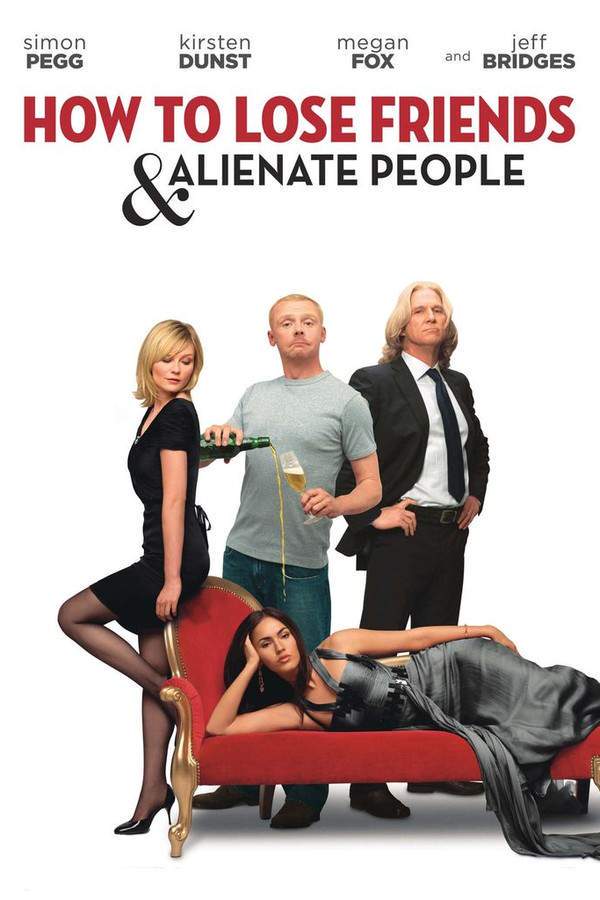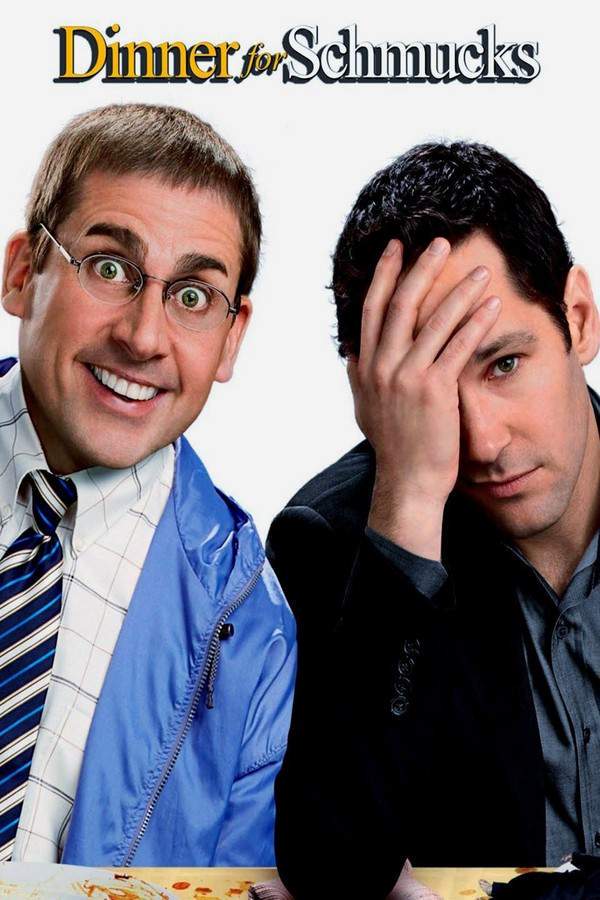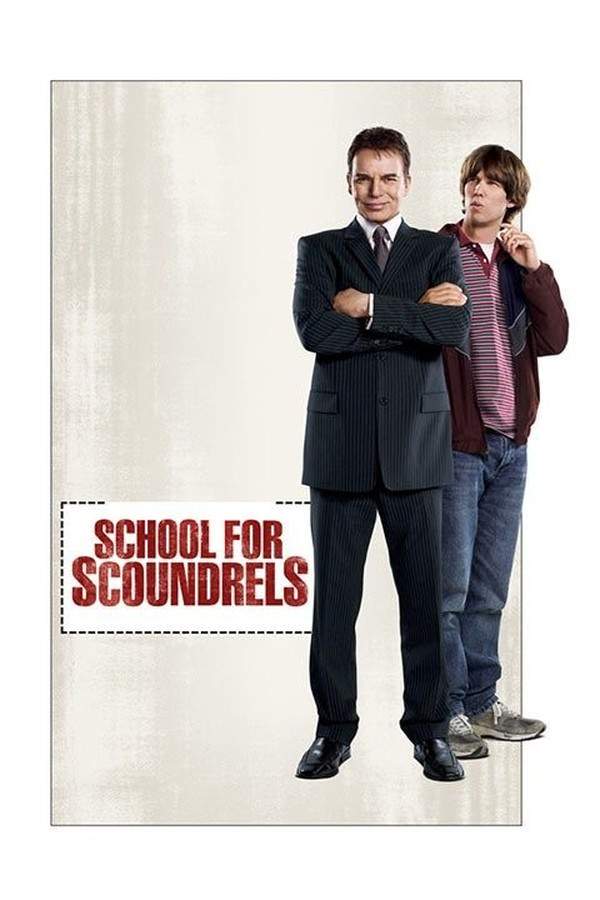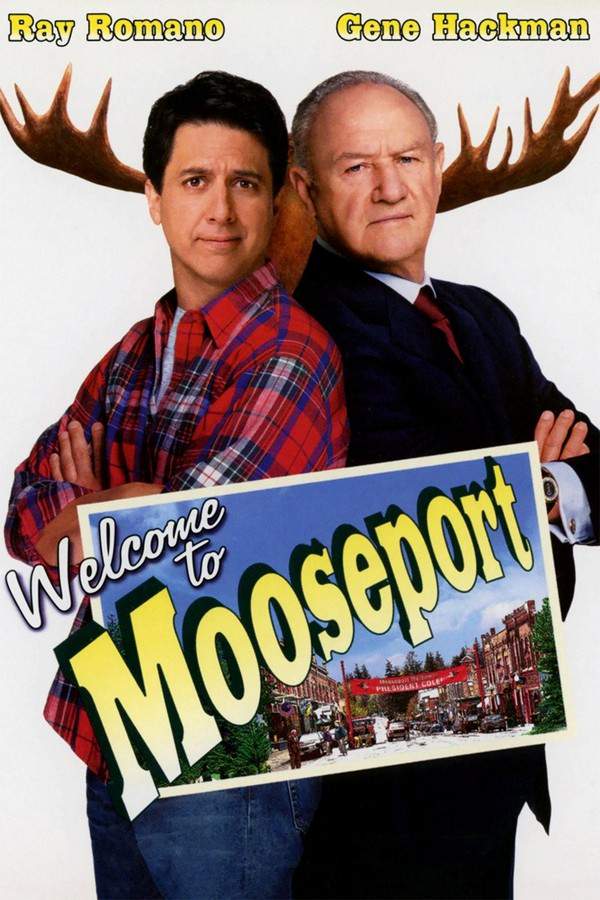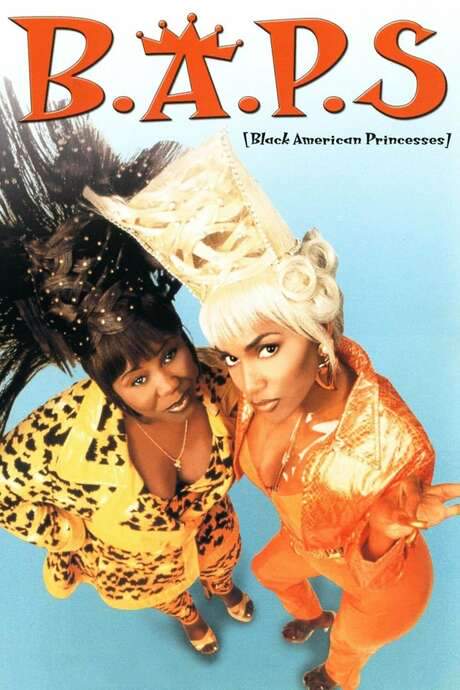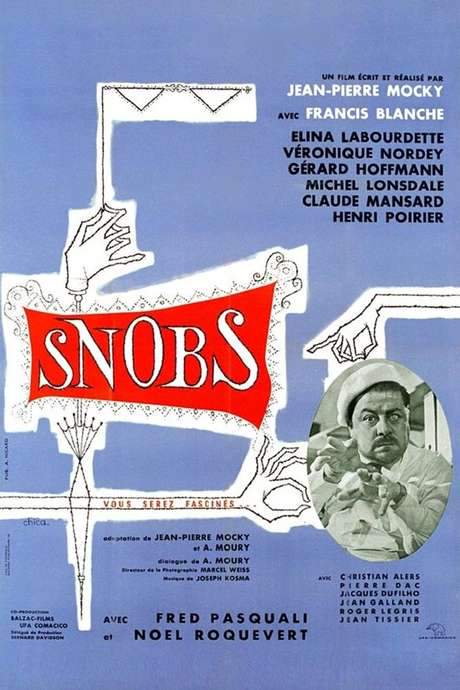
As Young as You Feel
Year: 1951
Runtime: 77 mins
Language: English
Director: Harmon Jones
When 65‑year‑old John Hodges is forced into retirement from Acme Printing, he pretends to be the president of the parent company and returns to his former plant for an inspection. Acme’s actual president, McKinley, is a nervous wreck, and even his poised secretary Harriet can’t calm him. Meanwhile, McKinley’s wife Lucille becomes smitten with the impostor, sparking a series of comic misunderstandings and complications.
Warning: spoilers below!
Haven’t seen As Young as You Feel yet? This summary contains major spoilers. Bookmark the page, watch the movie, and come back for the full breakdown. If you're ready, scroll on and relive the story!
As Young as You Feel (1951) – Full Plot Summary & Ending Explained
Read the complete plot breakdown of As Young as You Feel (1951), including all key story events, major twists, and the ending explained in detail. Discover what really happened—and what it all means.
John R. Hodges, a printer approaching retirement at 65 under a company policy, decides to take matters into his own hands. He douses his gray with black dye, hides a beard, and steps into the role of Harold P. Cleveland, the president of his former employer’s parent company. With a mix of mischief and shrewd timing, he leads a tour of the plant, while the firm’s anxious executives trail along, trying to keep up with the imposter’s confident stride. Along the way, he even spots Joe Elliott, the boyfriend of Hodges’ granddaughter, Alice Hodges, and flashes him a conspiratorial wink to let him in on the joke. The lighthearted mischief soon triggers real consequences: Hodges complains about a lack of seasoned workers, and Louis McKinley promises to roll back the retirement policy and rehire all affected employees in the past year.
Before Hodges can slip away, Louis McKinley has arranged for him to address the local chamber of commerce. Yet Hodges doesn’t miss a beat; he delivers a speech that extols the virtues and dependable strength of the older worker. The room erupts in a standing ovation, newspapers celebrate the unexpected upshot, and even the stock market nudges upward on the wave of optimism he has sparked. The public relations windfall seems almost magical, and Hodges is swept into a night of attention that expands beyond his wildest expectations.
That evening, Hodges is taken to dinner by Louis McKinley and his wife Lucille McKinley. McKinley’s attention, and Harriet’s (the firm’s alluring private secretary Harriet), swirl around the table. Harriet shows some interest in another executive, while Hodges himself enjoys a delightful time with Lucille, who is charmed by the compliments and flattery. Back at home, Lucille confides in her husband that she longs for a divorce, swept away by the illusion of romance she has found in Hodges’ persona.
Meanwhile, Joe Elliott is struggling to persuade anyone that Cleveland is an impostor. His case seems hollow in the eyes of Frank Erickson and the entire Hodges clan—George Hodges, Della Hodges, and Alice Hodges—who all doubt him. The situation changes, however, when Hodges returns home with his dyed hair, and Joe’s claims begin to gain traction. Della, worried about her son-in-law’s future prospects, suggests that Joe report the ruse to secure the promotion for himself, but Joe refuses to betray Hodges. The tension increases as Erickson begins to suspect something is afoot and warns their boss, Horace Gallagher. Gallagher, ever the skeptic, writes off Erickson as unstable and instead grants the promotion to Joe, setting up Joe’s chance to propose to Alice Hodges.
The plot thickens when the real Harold P. Cleveland confronts the impersonation and finds Hodges himself to be harmless, even admirable. Cleveland’s visit does more than test Hodges’ motives; it helps solidify Hodges’ unorthodox case for doing good in the world. Cleveland leaves with a respectful view of Hodges, and he even hints at future collaboration in public relations, though Hodges politely declines the idea of swapping his quiet life for a corporate role. Nonetheless, Cleveland promises to send Louis McKinley a memo the next morning, confirming that Hodges can reclaim his job for as long as he desires.
In a climactic moment, Lucille visits Hodges and learns that he will not interfere with a marriage. He reassures her that he would never come between a husband and wife, and that he recognizes the love that still binds them. McKinley arrives, offers a sincere apology to Lucille, and the couple reconciles, sharing a kiss before the fireside finale—only then does McKinley fire Hodges in front of the real Cleveland, making clear that the deception has come to an end. The real Cleveland and Hodges part with mutual respect, and Hodges stands firm in his choice to return to his former life.
What follows is a subtle, hopeful coda: Cleveland, impressed by Hodges’ motives and integrity, briefly reopens the door to a job offering, inviting him to lend expertise in public relations. Hodges respectfully declines this new path, opting to remain with his simple pleasures and family life. Yet the final gesture from Cleveland isn’t rejection—it’s a quiet assurance that, should Hodges ever want to come back to the corporate world, a place will await him. In that sense, the movie closes on a note of quiet possibility, celebrating an ordinary man who used wit and warmth to reveal enduring values in a world of bold impersonations.
Last Updated: October 09, 2025 at 11:02
Explore Movie Threads
Discover curated groups of movies connected by mood, themes, and story style. Browse collections built around emotion, atmosphere, and narrative focus to easily find films that match what you feel like watching right now.
Playful Deception Comedies like As Young as You Feel
Lighthearted stories where a harmless lie leads to delightful chaos and happy endings.If you enjoyed the charming mischief of As Young as You Feel, you'll love these movies featuring lighthearted impostors and comic misunderstandings. Discover similar stories where a playful deception creates amusing chaos but leads to heartwarming and happy resolutions for all involved.
Narrative Summary
The narrative follows a simple, straightforward arc: a protagonist, often well-intentioned, initiates a small deception. This lie quickly grows, creating a web of amusing complications and mistaken identities. The conflict is driven by these misunderstandings rather than malice, and the plot steadily builds towards a climax where the truth is revealed, leading to forgiveness and a satisfying, happy conclusion.
Why These Movies?
Movies are grouped here because they share a core premise of benevolent imposture, a light and playful tone, and a structure where comedic tension arises from situational misunderstandings. They offer a comforting viewing experience where the stakes are low and the outcome is invariably positive and uplifting.
Gentle Social Satire Films like As Young as You Feel
Witty and optimistic comedies that poke fun at society's rules without cynicism.Fans of As Young as You Feel will appreciate this collection of comedies that cleverly satirize social norms. These movies share a lighthearted approach to commentary on topics like corporate life or generational differences, blending humor with heart for a feel-good experience.
Narrative Summary
The narrative centers on a protagonist who challenges an absurd or unfair social convention. Through a series of steady, logical events, the folly of the system is exposed in a humorous way. The conflict is between common sense and silly rules, resolved not through anger but through wit and charm, ultimately reaffirming human connection and leading to a happy, reconciled ending.
Why These Movies?
These films are grouped together because they blend comedy with gentle social commentary, maintaining a light tone and an optimistic core. They are united by a focus on uplifting resolutions, a straightforward narrative style, and the use of humor as a tool for positive critique rather than dark satire.
Unlock the Full Story of As Young as You Feel
Don't stop at just watching — explore As Young as You Feel in full detail. From the complete plot summary and scene-by-scene timeline to character breakdowns, thematic analysis, and a deep dive into the ending — every page helps you truly understand what As Young as You Feel is all about. Plus, discover what's next after the movie.
As Young as You Feel Timeline
Track the full timeline of As Young as You Feel with every major event arranged chronologically. Perfect for decoding non-linear storytelling, flashbacks, or parallel narratives with a clear scene-by-scene breakdown.

Characters, Settings & Themes in As Young as You Feel
Discover the characters, locations, and core themes that shape As Young as You Feel. Get insights into symbolic elements, setting significance, and deeper narrative meaning — ideal for thematic analysis and movie breakdowns.

As Young as You Feel Spoiler-Free Summary
Get a quick, spoiler-free overview of As Young as You Feel that covers the main plot points and key details without revealing any major twists or spoilers. Perfect for those who want to know what to expect before diving in.

More About As Young as You Feel
Visit What's After the Movie to explore more about As Young as You Feel: box office results, cast and crew info, production details, post-credit scenes, and external links — all in one place for movie fans and researchers.

Similar Movies to As Young as You Feel
Discover movies like As Young as You Feel that share similar genres, themes, and storytelling elements. Whether you’re drawn to the atmosphere, character arcs, or plot structure, these curated recommendations will help you explore more films you’ll love.
Explore More About Movie As Young as You Feel
As Young as You Feel (1951) Scene-by-Scene Movie Timeline
As Young as You Feel (1951) Movie Characters, Themes & Settings
As Young as You Feel (1951) Spoiler-Free Summary & Key Flow
Movies Like As Young as You Feel – Similar Titles You’ll Enjoy
Snobs! (1962) Ending Explained & Film Insights
You Can’t Fool Your Wife (1940) Detailed Story Recap
You’re Never Too Young (1955) Movie Recap & Themes
The Youngest Profession (1943) Movie Recap & Themes
It’s Great to be Young! (1956) Complete Plot Breakdown
Young Man with Ideas (1952) Spoiler-Packed Plot Recap
Young Ideas (1943) Spoiler-Packed Plot Recap
Young and Beautiful (1934) Full Movie Breakdown
Young as You Feel (1931) Spoiler-Packed Plot Recap
The Young in Heart (1938) Full Summary & Key Details
The High Cost of Loving (1958) Ending Explained & Film Insights
That Certain Feeling (1956) Story Summary & Characters
That Funny Feeling (1965) Movie Recap & Themes
Too Young to Kiss (1951) Detailed Story Recap
Get ’Em Young (1926) Detailed Story Recap















